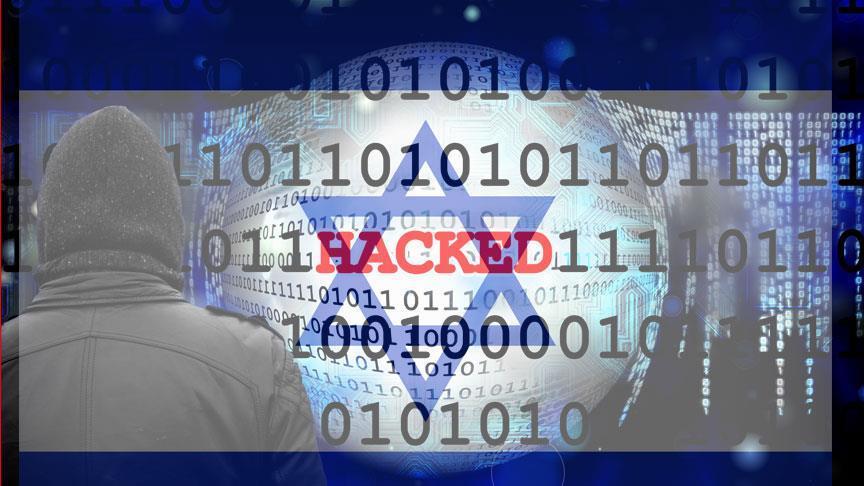As the violent clashes and bombardments that erupted on October 7 continue to unfold on Israeli soil, a novel dimension has been introduced to the conflict: the realm of cyberspace. On the fateful evening of October 7, coinciding with Hamas’ surprise attack on Israel, The Jerusalem Post, an Israeli daily, reported a significant website malfunction. A group of hackers identifying themselves as “Anonymous Sudan” promptly claimed responsibility for the cyber-attack via their official Telegram channel – a favored communication platform among hackers.
However, The Jerusalem Post was not the sole victim of these cyberattacks. Multiple media websites, Israeli government entities, Palestinian internet service providers, and various other organizations have all fallen prey to cyber offensives in the aftermath of these hostilities. While the prevalence of cyberattacks has been increasing over the past decade, their frequency in this particular region has experienced a sharp surge since October 7. This intensification underscores the transformation of modern warfare, where the digital battlefield now bears equal importance alongside the physical battleground. Cybersecurity has undeniably become an integral domain of contemporary warfare.
The “Distributed Denial-of-Service” (DDoS) attack has emerged as the most frequently employed tactic since the outbreak of the conflict. The primary objective of this strategy is to disrupt websites or computer networks by intentionally overwhelming the targeted system with an excessive volume of traffic.
Anonymous Sudan is not the exclusive actor in this digital theater. Cybersecurity experts estimate that approximately 50 different groups are actively launching attacks against Israel, with around 10 focusing their efforts on Palestinian targets. This multifaceted cyber battleground underscores the ever-growing significance of cybersecurity in the context of contemporary warfare.
Furthermore, it’s important to highlight that several hacktivist groups, some of which have connections to Russia, have been targeting Israeli government and media websites while aligning themselves with the Palestinian military group, Hamas. These hacktivist entities have utilized tactics such as distributed denial-of-service (DDoS) attacks to inundate websites with traffic, effectively rendering them inaccessible. Additionally, an Iran-aligned hacker group known as Cyber Av3ngers claimed responsibility for an alleged attack on an Israeli electric contractor on October 6, purportedly resulting in a power outage in the city of Yavne. However, representatives from the electric utility and the city did not confirm the occurrence of the attack. Subsequently, Cyber Av3ngers, Anonymous Sudan, and the Russia-aligned Killnet also asserted their involvement in taking down the websites of the Israel Policy Forum think tank and the Israeli Ministry of Finance.
While these cyberattacks may not have the same gravity as ransomware attacks or traditional espionage, they undeniably add to the psychological impact of an armed conflict, affecting everyday citizens as they struggle to access basic online services. As the situation unfolds, reports also indicate an increase in Internet traffic following the commencement of attacks on October 7, both in Israel and Palestine. Cybersecurity experts are closely monitoring the evolving cyber landscape.














